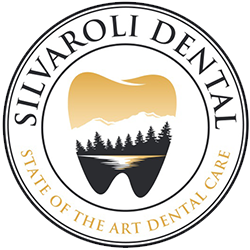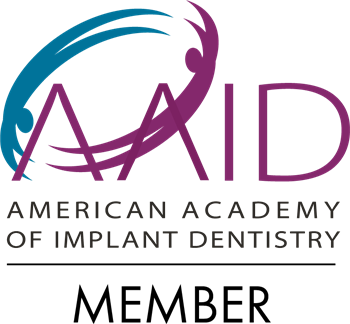Do your gums bleed when you brush or floss? Don’t worry, you’re not alone. Many people experience bleeding gums at some point in their lives. In fact, it’s actually quite common. However, that doesn’t mean that you should just ignore the problem. Bleeding gums can be a sign of gum disease, which can be a serious condition if left untreated. Keep reading to learn what to do if your gums bleed when you brush or floss!
What are the signs of gingivitis and gum disease, and why is it important to seek treatment if you have them?
Gingivitis is the early stage of gum disease. The main symptom is bleeding gums. However, other symptoms can include redness, swelling, and pain in the gums. If left untreated, gingivitis can progress to periodontitis, which is a more serious form of gum disease. Periodontitis can lead to tooth loss, bone loss, and other serious health problems. That’s why it’s important to seek treatment if you notice any of the signs of gingivitis or gum disease.
How can you brush and floss your teeth properly to avoid bleeding gums and other oral health problems?
There are a few things you can do to brush and floss your teeth properly. First, be sure to use a soft-bristled toothbrush and toothpaste that contains fluoride. Second, use gentle circular motions when brushing your teeth and brush for at least 2 minutes. Third, don’t forget to floss! Flossing is just as important as brushing. Fourth, use mouthwash after brushing and flossing to kill any lingering bacteria in your mouth.
Are there any natural remedies or at-home treatments that can help improve gum health?
There are a few natural remedies and at-home treatments that can help improve gum health. However, there are no solutions that replace proper brushing and flossing, but a popular at-home remedy that can relieve pain is to rinse your mouth with salt water. This can help reduce inflammation and pain in the gums.
What should you do if your gums continue to bleed after brushing and flossing regularly?
If your gums bleed when you brush or floss, the first thing you should do is see your dentist. They will be able to determine if the bleeding is due to gum disease or something else. If it is determined that you have gum disease, they will create a treatment plan specifically for you. This may include deep cleanings, changes to your oral hygiene routine, and/or medication.
How often should you see a dentist for a check-up, and what procedures will they likely perform during your visit?
It’s generally recommended that you see a dentist for a check-up every six months. During your visit, they will likely perform a professional cleaning, which can help remove plaque and tartar from your teeth. They may also examine your gums and treat you for any symptoms of gum disease.
What are some tips for keeping your gums healthy during pregnancy or when you have braces on/a dental implant/other orthodontic work done?
There are a few things you can do to keep your teeth healthy during pregnancy. First, be sure to brush and floss regularly. Second, eat a nutritious diet. Third, avoid sugary snacks and drinks. Fourth, visit your dentist for regular check-ups.
If you have braces on/a dental implant/other orthodontic work done, it’s important to take extra care of your teeth. Be sure to brush and floss carefully. You may also need to use a special toothbrush or flossing device. If you have any questions, be sure to ask your dentist or orthodontist.
How can I prevent gum disease in the first place?
You can also take some steps at home to help prevent gum disease from occurring in the first place. These include brushing and flossing regularly, eating a healthy diet, and quitting smoking.
Need dental advice? Call our Reno, Nevada office today!
Our friendly staff can answer all of your questions and schedule your next appointment. Call our office today to schedule an appointment.
Contact
Hours
Location
601 W. Moana Ln #1
Reno, NV 89509






